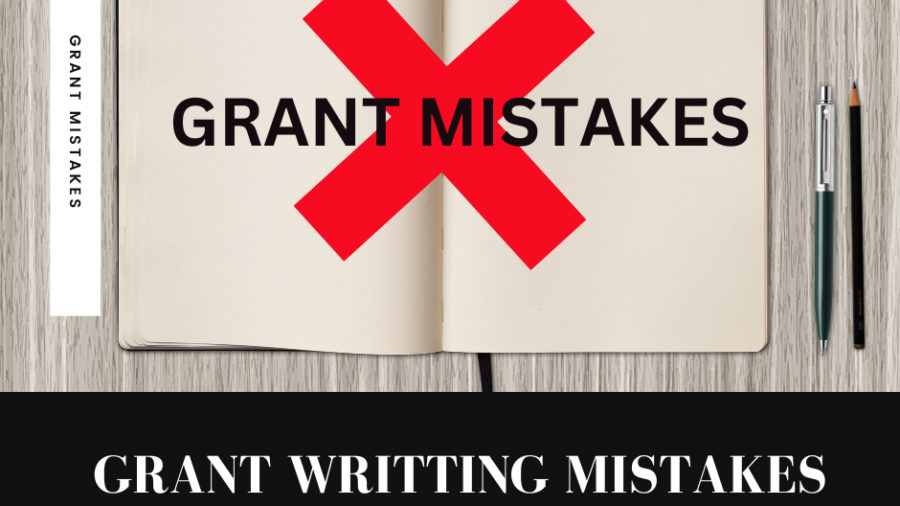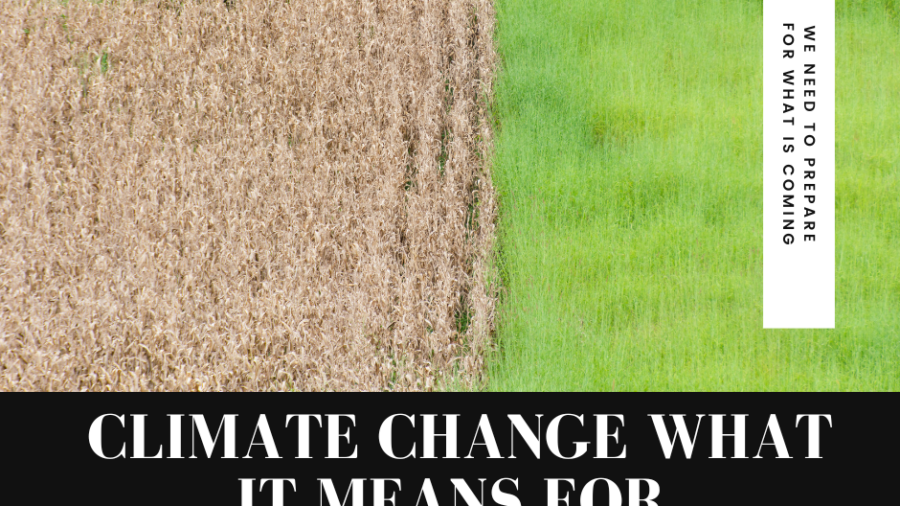As someone who has spent over a decade addressing Africa’s environmental challenges, I’ve seen firsthand the devastating impacts of climate change—droughts, floods, and disease outbreaks that have ravaged our communities and economies. Through my work with Upcycle Africa, I’ve learned that while Africa has shown resilience, the coming climate shocks will be far more severe. We cannot afford to wait. To secure our future, we must urgently invest in climate-resilient agriculture, stronger infrastructure, and proactive solutions. Africa has faced these shocks before, but we must act now to prepare for even greater challenges ahead.
The harsh reality is that Africa has been feeling the effects of climate change for years. However, with global temperatures continuing to rise, the frequency and intensity of these impacts are set to escalate dramatically. We must learn from our past experiences and make decisive preparations for the future, as the stakes have never been higher.
1. Prolonged Droughts: A Recurring Nightmare
Drought is not new to Africa, but climate change is making it more frequent and severe. The Sahel region has experienced prolonged and devastating droughts since the 1970s, leaving a trail of famine and economic collapse in countries like Niger, Mali, and Chad. In the Horn of Africa, countries like Ethiopia, Somalia, and Kenya have repeatedly faced droughts that cripple agriculture, disrupt food supply chains, and displace millions of people.
The 2011 East African drought was one of the worst in 60 years, affecting over 12 million people, leading to widespread hunger, and pushing entire communities into poverty. Livestock died in the millions, and crop yields plummeted, exacerbating food insecurity in the region.
These experiences should serve as a warning. Africa’s agricultural systems are highly vulnerable to climate variability, and without large-scale adoption of climate-resilient farming practices, the continent will face a food crisis. Countries like Zambia are showing the way forward with their promotion of conservation agriculture, which increases resilience to erratic weather by improving soil health and water retention. Scaling up such approaches across the continent will be key to ensuring that Africa’s food systems can withstand future shocks.
2. Floods and Cyclones: A Growing Threat to Infrastructure
While droughts have devastated certain regions, others have been battered by floods and cyclones. Mozambique, for example, has endured the destructive force of cyclones repeatedly, with Cyclone Idai in 2019 being a stark reminder of Africa’s vulnerability to extreme weather events. Cyclone Idai caused massive flooding that displaced over 500,000 people, destroyed critical infrastructure, and led to a humanitarian crisis across Mozambique, Zimbabwe, and Malawi.
Flooding is also becoming more frequent in West Africa. The 2012 floods in Nigeria killed over 300 people and displaced 2.1 million, wiping out homes, schools, and hospitals. With rising sea levels and unpredictable rainfall patterns, coastal cities such as Lagos, Accra, and Dakar are at increasing risk of catastrophic flooding.
In response, countries like Mauritius have begun investing in early warning systems and constructing stronger flood defenses. However, Africa needs a continental strategy to build climate-resilient infrastructure, particularly in vulnerable coastal areas. As we have seen, these weather events can wipe out decades of development in a matter of days.
3. Disease Outbreaks: Climate-Driven Public Health Crises
Climate change is also amplifying the spread of infectious diseases across Africa. Rising temperatures and shifting rainfall patterns are creating ideal conditions for disease vectors like mosquitoes, which spread malaria and dengue fever. Once confined to tropical regions, malaria is now reaching higher altitudes in countries such as Ethiopia and Kenya, areas previously unaffected by the disease.
In Malawi, for example, cholera outbreaks have become more frequent as floods increasingly contaminate water sources, leading to widespread illness. Similarly, in Uganda, the warmer climate has resulted in higher malaria transmission rates, putting additional pressure on an already overstretched healthcare system.
To combat these health threats, Africa must urgently strengthen its healthcare infrastructure. Investments in disease surveillance, vaccine distribution, and public health education will be essential to minimize the impact of climate-induced health crises. Rwanda’s initiative to integrate climate adaptation into health policy, focusing on early detection and community health education, offers a model for other nations to follow.
4. Water Scarcity: An Accelerating Crisis
Africa has long struggled with water scarcity, but climate change is accelerating this crisis. The Lake Chad Basin, which once provided water to more than 30 million people across Chad, Niger, Nigeria, and Cameroon, has shrunk by 90% since the 1960s. This water loss has fueled conflict and migration, as communities vie for dwindling resources.
In Southern Africa, the 2018 Cape Town water crisis—famously known as “Day Zero”—showed the fragility of even urban water systems in the face of severe drought. Though Cape Town narrowly avoided a complete water shutoff, the crisis forced the city to adopt aggressive water conservation measures and highlighted the need for long-term solutions to water scarcity.
Countries like Morocco are leading the way with sustainable water management programs, such as their investment in desalination plants and efficient irrigation systems. Scaling up similar innovations will be vital for ensuring water security in Africa’s arid and semi-arid regions.
5. Economic Losses: The Financial Toll of Climate Shocks
The economic toll of climate change on Africa is staggering. The African Development Bank estimates that climate-related impacts could cost the continent up to $50 billion annually by 2040. Losses in agriculture, infrastructure, and human capital are expected to worsen poverty and slow economic growth.
For instance, in Madagascar, repeated cyclones have eroded the country’s ability to sustain economic progress. After Cyclone Enawo hit in 2017, it caused $400 million in damages—about 4% of the nation’s GDP. Such events strain national budgets, diverting funds from essential services like education and healthcare, and limiting long-term development.
In response to these financial challenges, African governments must integrate climate risks into their national development plans. Countries like Rwanda, with their Green Growth Strategy, are setting an example by prioritizing climate resilience and attracting international investment to fund green infrastructure. Ensuring that climate risks are factored into economic planning will allow African nations to build more resilient economies.
6. Global Climate Action and the Need for Climate Finance
Despite its low contribution to global greenhouse gas emissions, Africa bears the brunt of the climate crisis. This injustice underscores the critical need for climate finance. The Paris Agreement promises $100 billion annually to support developing countries in their climate adaptation and mitigation efforts, but much of this funding has yet to materialize for Africa.
Securing climate finance is essential to building resilience on the continent. In Kenya, for example, the Lake Turkana Wind Power Project—Africa’s largest wind farm—was made possible through climate finance partnerships. Such projects offer a glimpse of the continent’s potential to not only adapt to climate change but to become a leader in renewable energy.
African leaders must continue advocating for fair access to climate funds while ensuring that these resources are directed toward high-impact, community-centered solutions. International partnerships will be vital in building a resilient, sustainable future for Africa.
Conclusion: From Crisis to Resilience
Africa has faced climate shocks before—devastating droughts, deadly floods, and disease outbreaks have all tested the continent’s resilience. However, the scale of the coming climate shocks will be far greater, and Africa must prepare now to minimize their impact.
The lessons from past experiences are clear: we must invest in climate-resilient agriculture, build stronger infrastructure, and strengthen healthcare systems to cope with the public health impacts of climate change. We must also advocate for international climate finance and accelerate the transition to green energy.
Africa stands at a crossroads. With strategic preparation, we can move from crisis management to resilience building. If we act now, the continent can not only survive the climate shocks that lie ahead but emerge stronger, more sustainable, and more self-reliant in the process.




